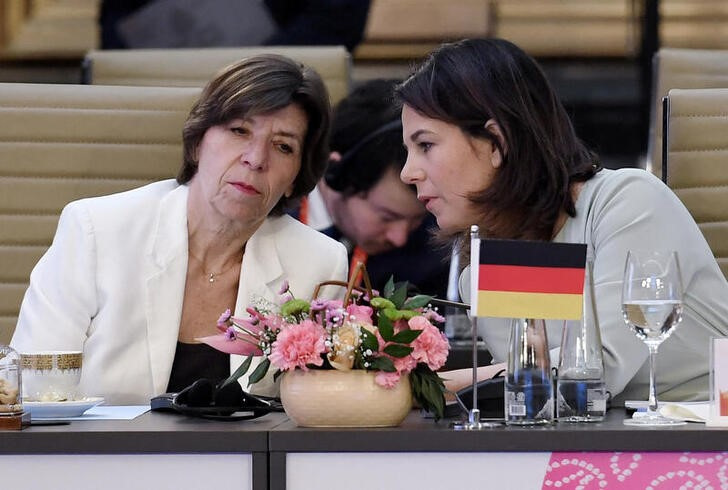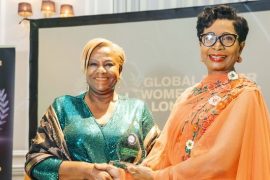The German Government recently announced new feminist policies, which include creating a new position for an ambassador for feminist foreign policy. In accordance with the laws, Germany will advocate guaranteeing that women’s issues are given more attention globally, that women are better represented, and that the significant development funds provided by the nation are more heavily invested in initiatives that address gender inequalities.
The decision provides the feminist foreign policy movement, founded by a leftist Swedish government in 2014, new urgency given Germany’s influence as the largest European economy and a significant diplomatic actor. Several countries like Canada, France, Mexico, and Spain have implemented this approach recently; however, Sweden gave it up last year after switching to a right-wing administration.
Germany’s first female foreign minister, Annalena Baerbock, stated in the introduction to the 88-page feminist foreign policy guidelines, “We will strive hard to give our foreign service a more female face and to boost the share of women in top jobs. Currently, there are just 26% of female ambassadors from Germany. When travelling internationally, Baerbock has made it a point to bring up gender-related topics like abortion in the U.S. and sexual assault in the Ukraine conflict. According to critics, the administration must refrain from sounding moralistic. Sweden alienated several partners as it began emphasizing human rights and gender equality in its diplomatic efforts.
Bijan Djir-Sarai, general secretary of the Free Democrats, a junior coalition member, told broadcaster Welt that it was a mistake to conflate moralizing foreign policy with value-oriented foreign policy. In her speech introducing the principles, Baerbock alleviated those fears by stating that they were not a “missionary pamphlet with which we mistakenly hope to reform the world” and that Germany had much to learn from other nations.
The development ministry announced that at least 8% of Germany’s 12 billion euros ($12.8 billion) in development funds would be allocated to initiatives with gender equality as their primary goal, and 85% must have it as their secondary goal. Only 64% of those funds are required to be used in 2021 to improve gender equality in some way. According to the foreign ministry, foreign policy spending will also be considered more.
According to the policy guidelines, Germany will advocate for increasing the participation of women in official peace processes, given that research has shown that doing so increases the likelihood of lasting peace. They asserted that as a committee member in charge of managing the U.N. Peacebuilding Fund and other programs, Germany was in a good position to do so. It already helped the African Union set up a network of female mediators. According to the ministry, Germany would also work to guarantee that women’s issues were given more attention in European foreign policy.





Comments are closed.